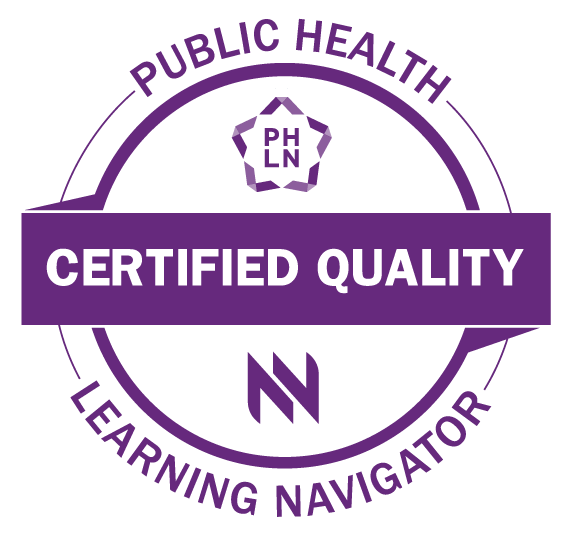This series will help you develop leadership skills for emergency preparedness and response. It includes a brief video giving an overview of emergency preparedness leadership, as well as courses on three key topics for leadership during times of crisis: managing change, making decisions, and communicating risks. You may take each of the courses individually and receive a certificate for each one. If you choose to complete all three courses, you can also receive a certificate for the series as a whole.
Each course consists of 2–3 videos, followed by a short quiz. You must watch the videos and take the quiz in order to pass the course. To aid in your understanding, optional questions for reflection or discussion are also included with each course. You may discuss these questions in a forum with other course participants or with peers or colleagues, or you may reflect on them individually.
Learning Objectives
- Describe why understanding yourself is a key factor to being an effective leader.
- Implement strategies for successful change management to build emergency response capacity in an organization.
- Apply principles of risk communication to help people access important information during a crisis.
- Create an effective decision-making plan to improve decisions made during emergencies.
Intended Audience
State, local, and tribal public health professionals working in emergency preparedness or emergency management
Presenters
Nathan Weed, MPH, Washington State Department of Health
Luann D'Ambrosio, MEd, Northwest Center for Public Health Practice
Susan Allan, MD, JD, MPH, University of Washington School of Public Health
Meredith Li-Vollmer, PhD, Public Health-Seattle & King County
Duration
This series will take 3.5 hours to complete.
Format
The courses within this series contain instructional videos, quizzes, and discussion questions.
Accessibility
This training is being delivered in a 508-compliant interface. During development of this training, we attempted to make the content accessible to individuals using screen readers. If you encounter trouble accessing the instructional materials by screen reader, or need any other accommodations in order to access the instructional materials, please contact NWCPHP, and we will do our best to make sure the content is accessible to you.
Acknowledgments
This series is based on a previous training developed in partnership with the University of Oklahoma's Southwest Preparedness and Emergency Response Learning Center (PERLC) and offered in spring 2015. Ann Chou, PhD, MPH, and Aaron Wendeloe, PhD, developed key content for that training.




